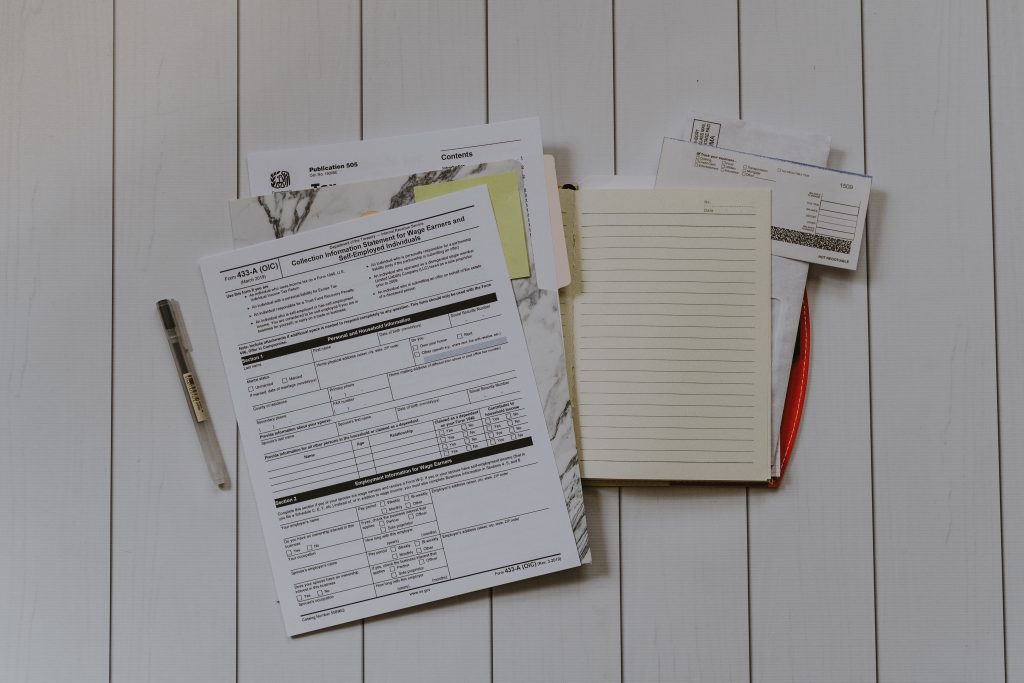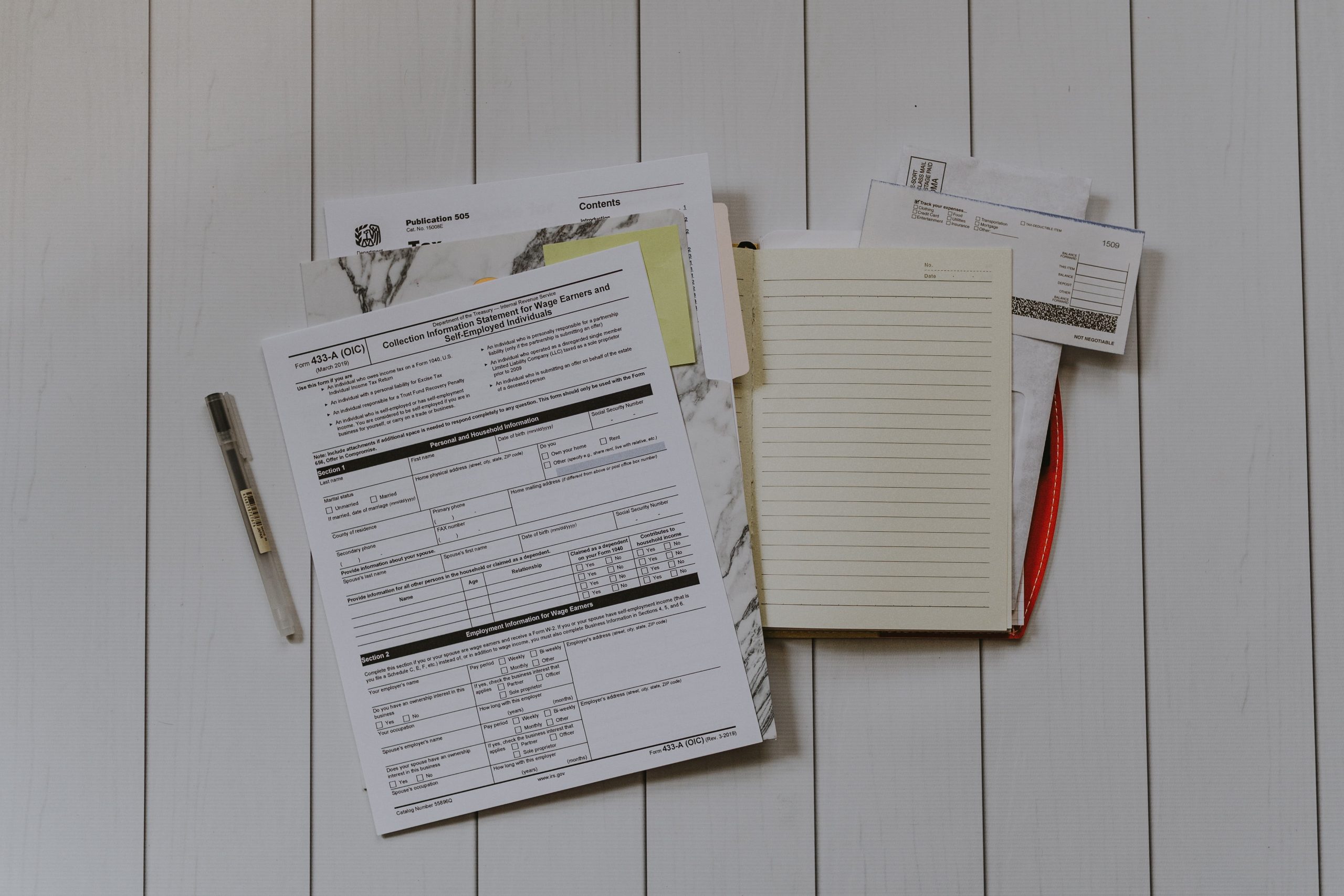
As a small business owner, you know how important it is to save money wherever possible. That’s why it’s important to take advantage of tax deductions available to you. If you are self-employed and work from your home, you might be eligible to subsidize some of the related costs you might otherwise classify as personal expenses — helping to lower your tax bill.
AA Tax & Accounting Services is here to guide self-employed individuals through the tax deductions process to save the most money possible. Here are a few tax deductions to watch out for when filing your taxes this year.
5 Tax Deductions for Self-Employed
1. Home Office
To claim a home office deduction, you need to have part of your home used exclusively to fulfill the role. If you can prove you have a home office within your home used consistently and solely for your job, you can have part of your utility bills and insurance costs deducted from your business income. In some instances, you are even able to write off a portion of your rent or mortgage.
While many self-employed individuals are eligible for a home office deduction, many taxpayers don’t take advantage of this deduction. This might be because they are afraid to claim it, or they might not have the required records organized and ready to go. If you have a designated space in your home to conduct your business, it’s worth looking into this deduction to see if you’re eligible.
3. Technology and Equipment
Whether you recently purchased a new laptop to be more efficient during the day or you need to stock up on tablets for a client project, you can write off any technology and equipment used for business purposes. This includes everything from large technology like laptops and camera equipment to small items like phone chargers and keyboards.
3. Bank Fees
If you have a bank account specific to your business that incurs any fees, as a self-employed individual, you are eligible to write those off. When reviewing your bank statement, keep an eye out for the following fees that can be claimed as a deduction:
- Maintenance fees
- Overdraft fees
- Late fees
- ATM fees
- Credit card membership fees
- Loan setup fees
4. Business Vehicle Use
Depending on the nature of your business, you might be able to receive a deduction for the use of your vehicle. While most people assume a business vehicle deduction is only applicable to services like Uber or Lyft, that’s most definitely not the case.
Suppose you’re self-employed and use your personal vehicle for transportation to and from client meetings, to make deliveries, to pick up supplies, or another work-related outing. In that case, you can successfully claim this tax deduction. To make this claim, you will need to keep accurate records of the dates and miles you drove specifically for a work-related reason.
5. Meals
Although you won’t be able to claim a full deduction for meals, business-related meals can be claimed as a 50% deduction. This means that for any meals you purchase through your business, whether it’s a client dinner or a meal for a vendor, you are only allowed to deduct 50% of the total cost of the meal.
Review your dining transactions for the year and write off the following types of meals:
- Client meals when you pay for the entire meal
- Meals while traveling for business
- Office snacks for you and employees
- Meals for meetings with colleagues
Tax Consulting Services in Cedar City, Utah
If you’re self-employed, we recommend consulting certified public accountants like AA Tax & Accounting Services to better understand all the tax deductions available to you. We have the experience to guide business owners on the best strategies for maximizing their deductions and tax credits with our tax consulting services.
The AA Tax & Accounting Services team can help you execute the right self-employment tax strategies to save you money. Contact us to schedule an appointment.






